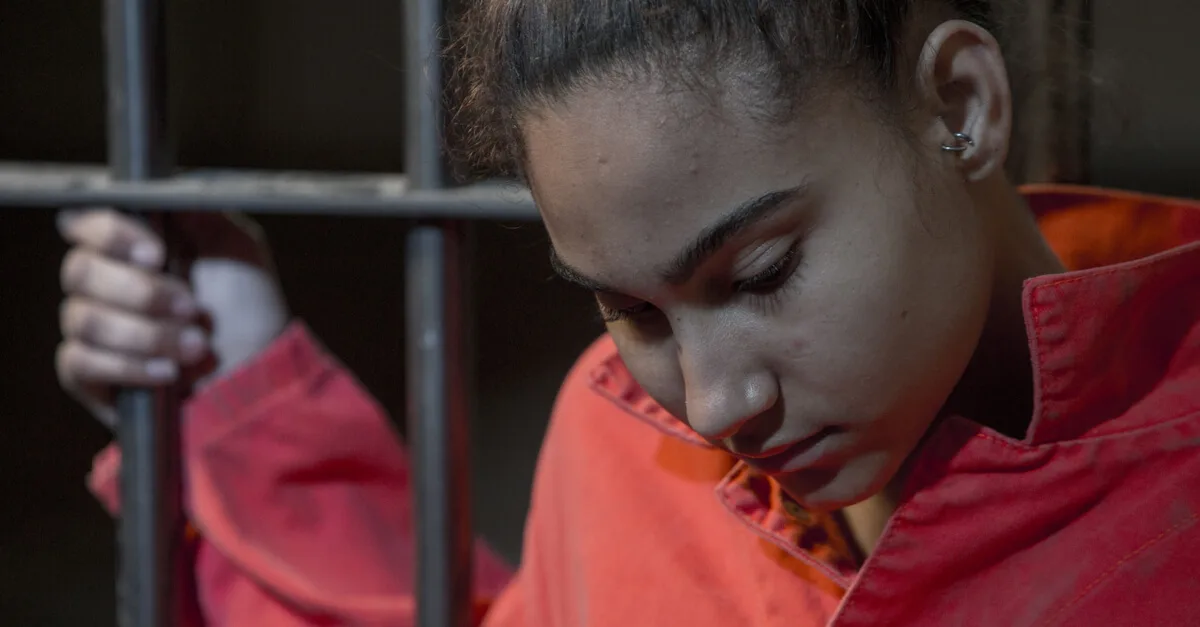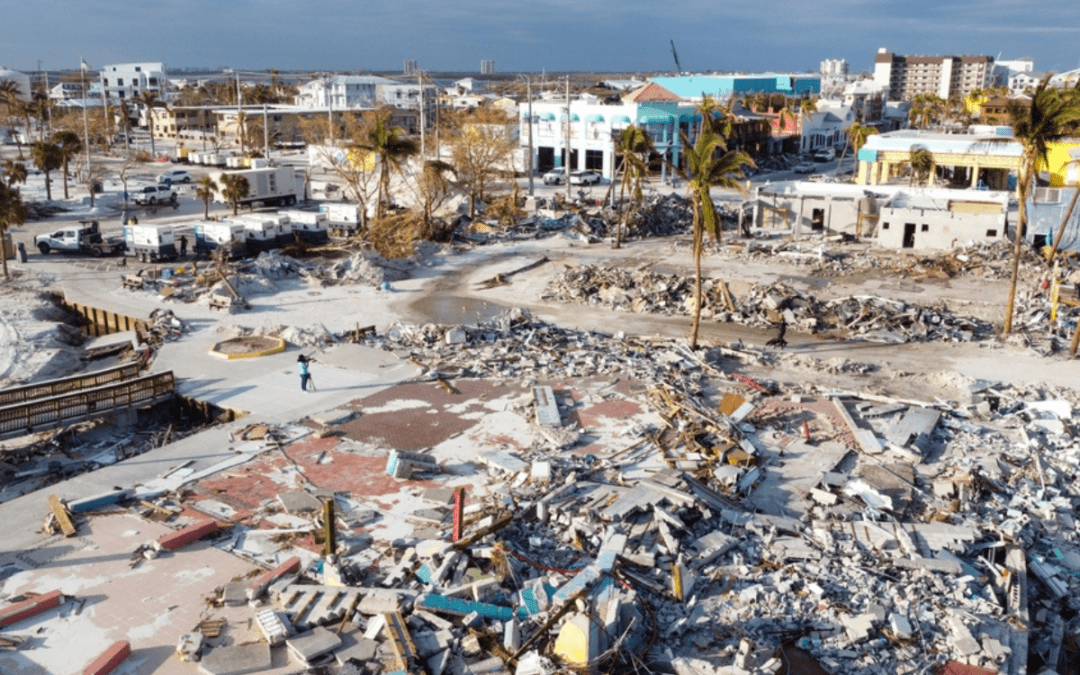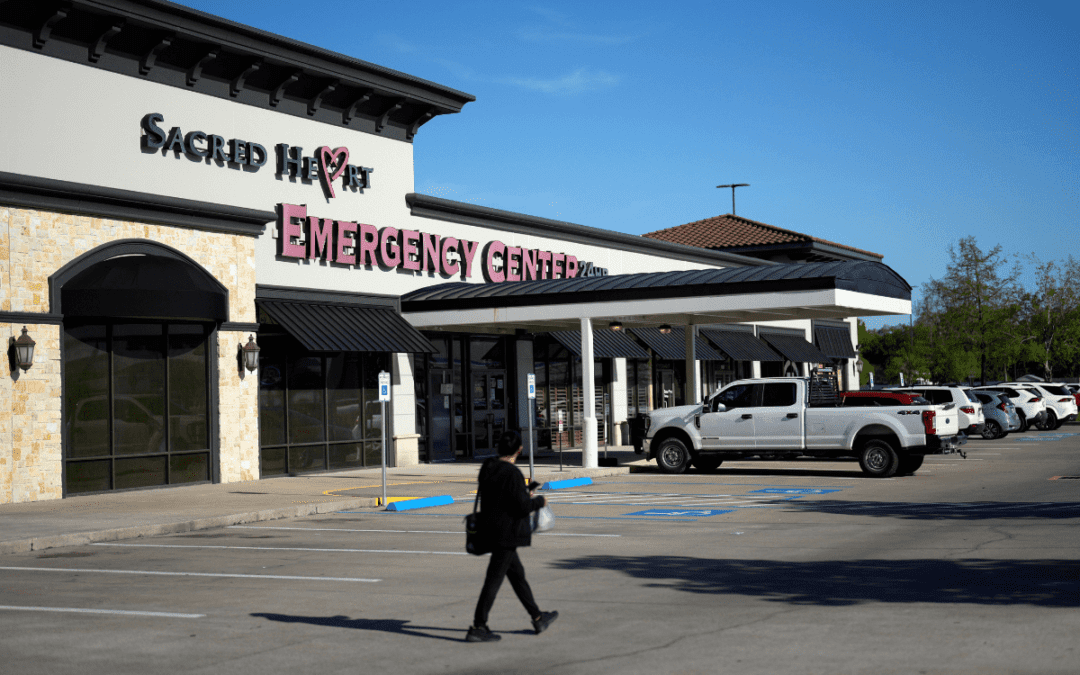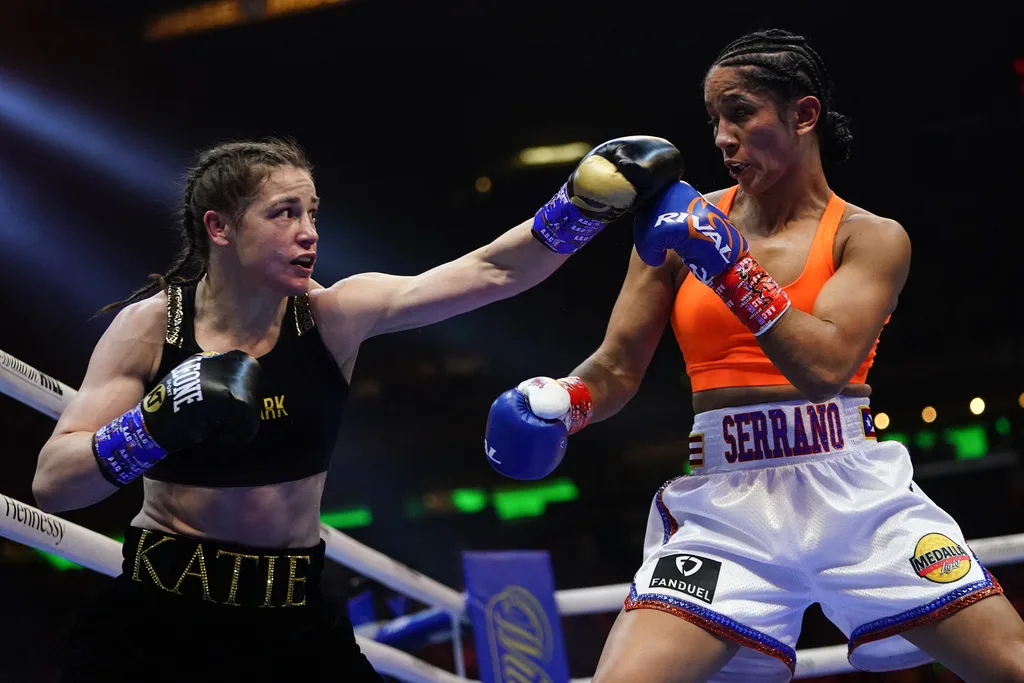
Image via Shutterstock
In Florida, critics of the cash bail system see it as “criminalizing” poverty and bloating jail populations, as those who cannot pay bail can be stuck in jail awaiting trial, sometimes for months or years.
In most states, including Florida, when a person is arrested, whether the arrest is justified or not, his or her ability to return home to job and family as they prepare to contest the charges, depends on one thing: their ability to pay a cash bail.
Those who cannot come up with the money for bail, which may run into the thousands of dollars, can be left stuck in jail awaiting trial, sometimes for months or years as the case moves through the system at a snail’s pace. Or they can pay a nonrefundable fee to a for-profit bail bonds company, leaving them in debt. For these reasons, many opt to plead guilty, giving up the right to defend themselves at trial.
Because those who can pay walk free, and those who can’t come up with the money remain behind bars, critics of the cash bail system see it as inherently stacked against disadvantaged communities, “criminalizing” poverty and bloating jail populations. In Florida alone, about 68% of the jail population is African American, while the Black population in the state is just a little over 16%.
RELATED: This Is Why Josh Weil Is Running to ‘Retire Marco Rubio’
“[Cash bail] is a system that is essentially designed to give white people the opportunity to get out of jail and keep minorities in jail,” Josh Weil, a progressive Democrat from Orlando who is vying for Republican Marco Rubio’s Senate seat in 2022, told The Americano.
Skewed Against the Disadvantaged
According to Benjamin Stevenson, an American Civil Liberties Union (ACLU) attorney based in Pensacola, Florida, many things about the system do not make sense. For example: posting cash bail is supposedly done to ensure that a defendant returns to court, because if they don’t, they forfeit the money.
“[But] if you are released [on bail], then you go on a crime spree, you still get your money back, as long as you come to court,” Stevenson told the Tampa Bay Times. “How, then, does monetary bail do anything to protect the community?”
In contrast, in Washington, DC, which does not require money bail, “the vast majority of people arrested are released, and more than 85% return to court without that incentive,” reports the paper.
Additionally, some advocates believe that prosecutors and judges could use other methods, such as ankle monitors and bond contracts that don’t require collateral.
Fighting Against “Wealth Incarceration”
Although the system has been a frequent target of social justice reformers and legal scholars, who call it “wealth incarceration”, in Florida there has been no legislative effort to end it.
RELATED: Charlie Crist Vows to Fight DeSantis’ Restrictive Election Measures if Elected Governor
The ACLU Campaign for Smart Justice is fighting in the courts and in state legislatures to end the cash bail system, citing that current practices are unconstitutional “in violating due process rights and equal protection under the Fourteenth Amendment, the prohibition against excessive bail in the Eighth Amendment, and the right to a speedy trial guaranteed by the Sixth Amendment.”
“We have to end cash bail,” Weil said. “When you pair it with the war on drugs and the war on crime, which target what they call ‘high crime areas,’ which are low socioeconomic status areas, or predominantly minority neighborhoods, it’s a system designed to put minority people in jail and keep them in jail. Innocent until proven guilty should mean that you are free until proven guilty.”
Politics

A grim look at how climate change is impacting Florida right now
Climate change is not something that could happen in the future. It's happening now, and Florida is feeling its devastating impact in more ways than...



Emergency rooms refused to treat pregnant women, leaving one to miscarry in a lobby restroom
By AMANDA SEITZ Associated Press WASHINGTON (AP) — One woman miscarried in the lobby restroom of a Texas emergency room as front desk staff refused...
Local News



A grim look at how climate change is impacting Florida right now
Climate change is not something that could happen in the future. It's happening now, and Florida is feeling its devastating impact in more ways than...



Emergency rooms refused to treat pregnant women, leaving one to miscarry in a lobby restroom
By AMANDA SEITZ Associated Press WASHINGTON (AP) — One woman miscarried in the lobby restroom of a Texas emergency room as front desk staff refused...





